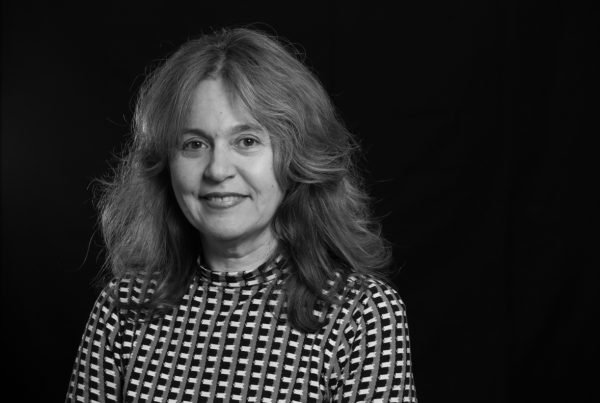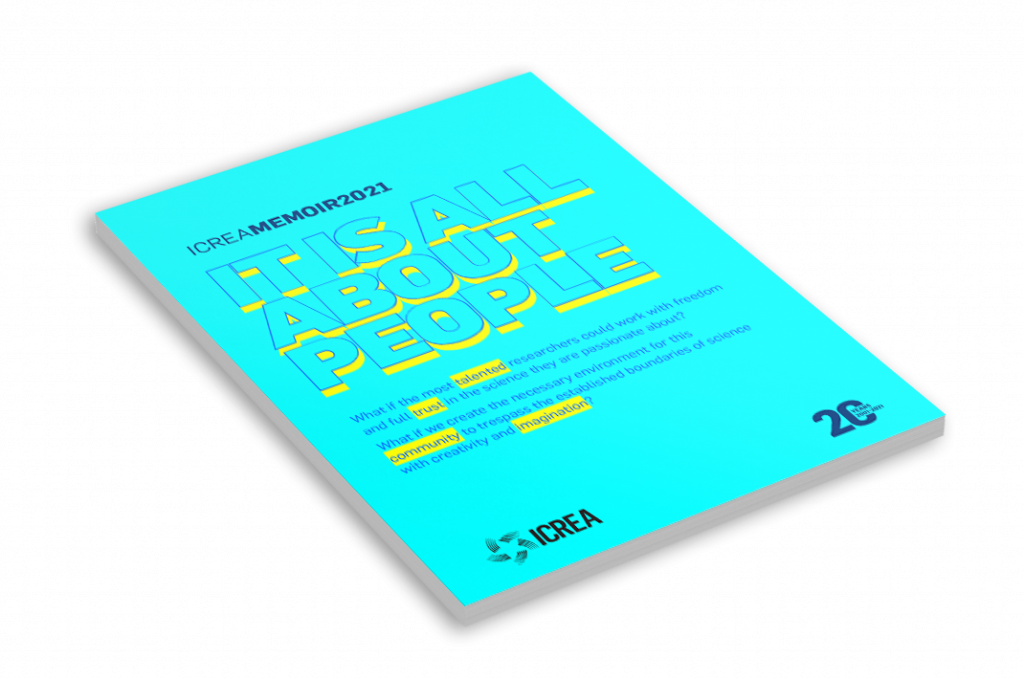I am an ICREA Research Professor at Universitat Pompeu Fabra, where I coordinate CGyM (Research Group on Colonialism, Gender and Materialities) and RAS (Research Unit in Gender and Social Archaeology). I began my research at Universitat Autònoma de Barcelona, where I received my PhD in 1993. I was subsequently appointed by the McDonald Institute for Archaeological Research, the University of Cambridge, and the Universitat Autònoma de Barcelona. I have been honorary research fellow and visiting professor at different centres including UCSC, Northwestern, the National Taiwan University, the German Archaeological Institute, the University of Oslo, and the University of Sydney. I have received several grants from the Catalan and the Spanish government, the European Union, and the Palarq Foundation. I am currently supervising 6 PhD students and 2 postdocs. I was funding member and co-chair of AGE (Archaeology and Gender in Europe) for the period 2009-2015.


